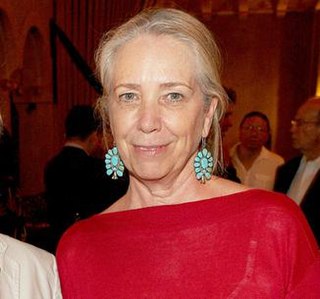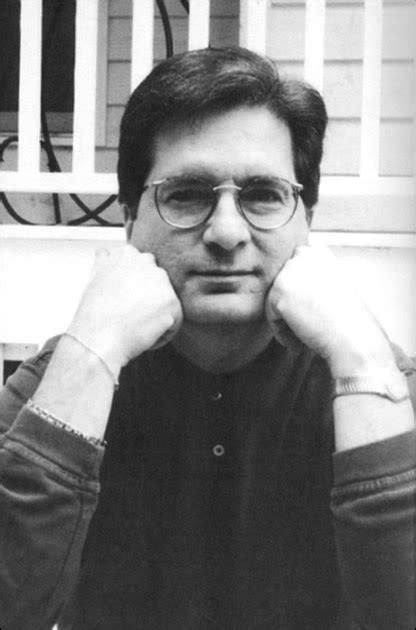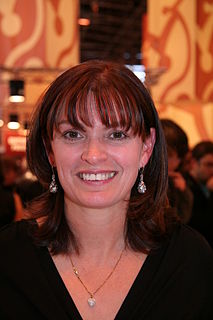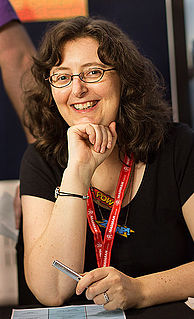A Quote by Stephen King
I hardly ever read mainstream fiction that deals with life as it is. I like an element of fantasy, something that isn`t quite of the real world.
Related Quotes
All entertainment is an element of fantasy because you are seeing something that is not quite real. There is no such thing as reality TV. Reality TV would be to leave a camera on in front of someone's house. Just leave it on. Then whenever the person comes or goes walking the dog or getting groceries, that's what it would be like. Any time you make an edit, you've lost reality TV. You're either compressing time or extending. That's a term that's been overused and overexposed. I think it's fantasy movies that take the fantasy of movies even further.
Fantasy was something I'd read as a child. And, in fact, my teachers despaired a little bit because I refused to give up Enid Blyton. Then I walked through the wardrobe with C. S. Lewis, and I don't think I actually have returned fully from the wardrobe. So, fantasy was something that was in my life from quite young.
I really wish that peoplewould just say, 'Yes, it's a comic. Yes, this is fantasy. Yes, this is Science Fiction,' and defend the genre instead of saying, 'Horror is a bit passe so this is Dark Fantasy,' and that' s playing someone else's game. So that's why I say I'm a fantasy writer and to hell with 'It doesn't read like what I think of as a fantasy'. In that case what you think of as a fantasy is not a fantasy. Or there is more to it than you think.
Science fiction [is] the kind of writing that prepares us for the necessary mutations brought about in society from an ever changing technological world and as a result. The mainstream hasn’t excluded SF; the mainstream has excluded itself. No one told Jules Verne he was a science fiction writer, but he invented the 20th century.
The first rule of world-building is available physics, which basically means that if you want it to feel real, it has to follow the same rules as this world, from gravity to how human behaviour works. If you have a fantasy element that doesn't obey the laws of physics, make sure that it has a fantasy explanation.


































